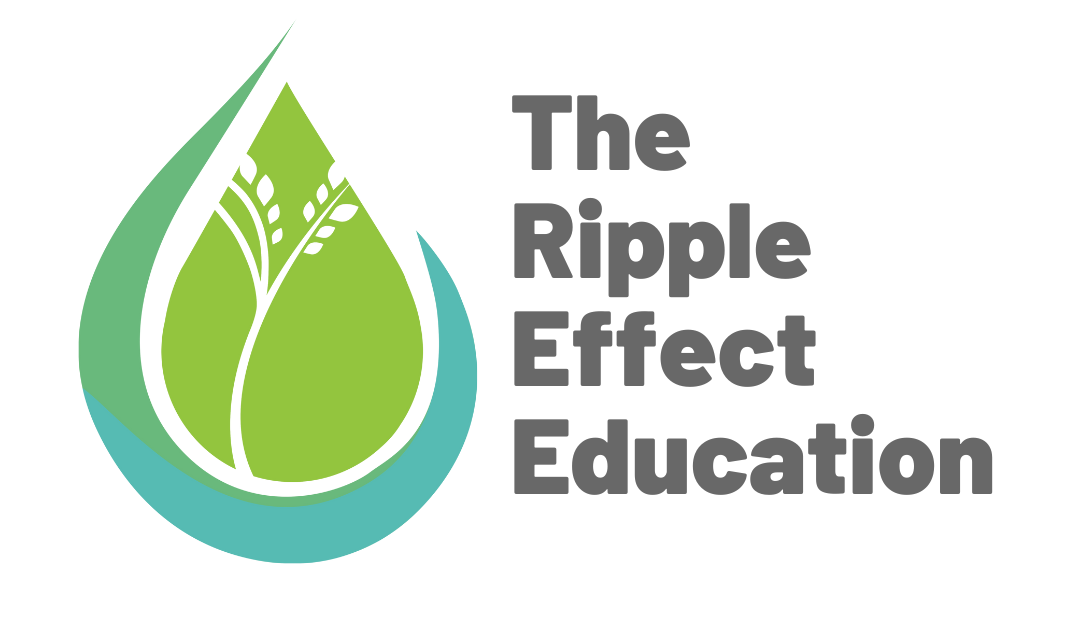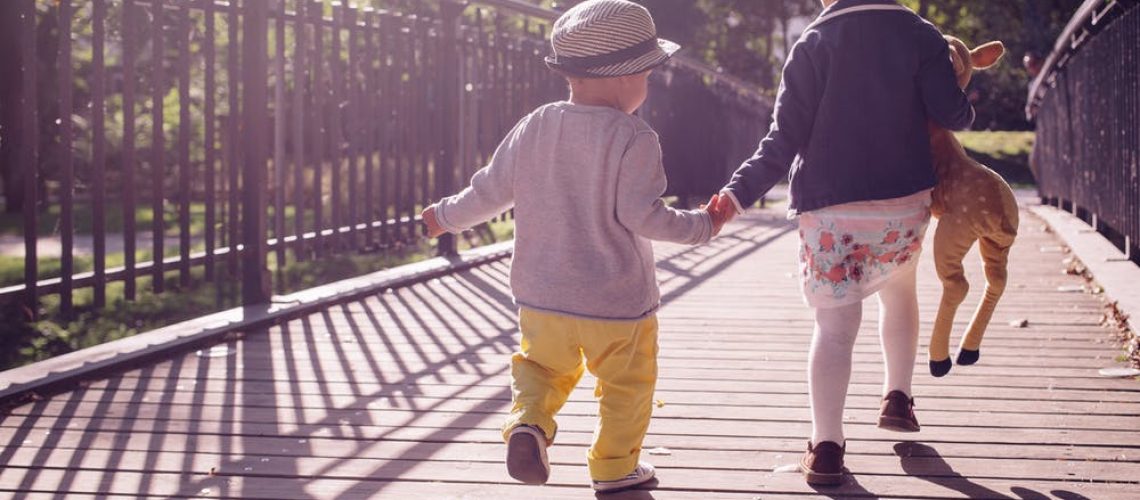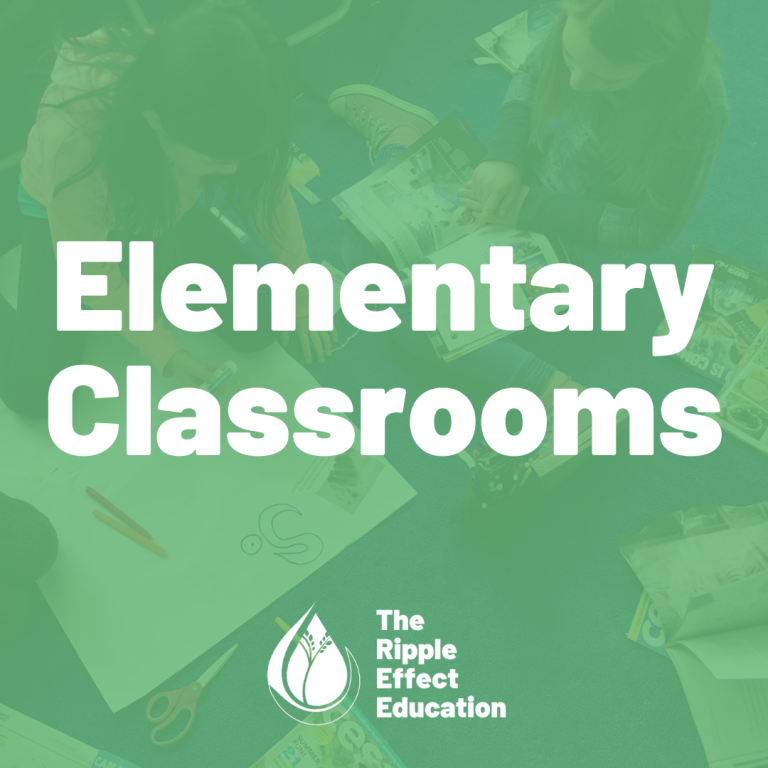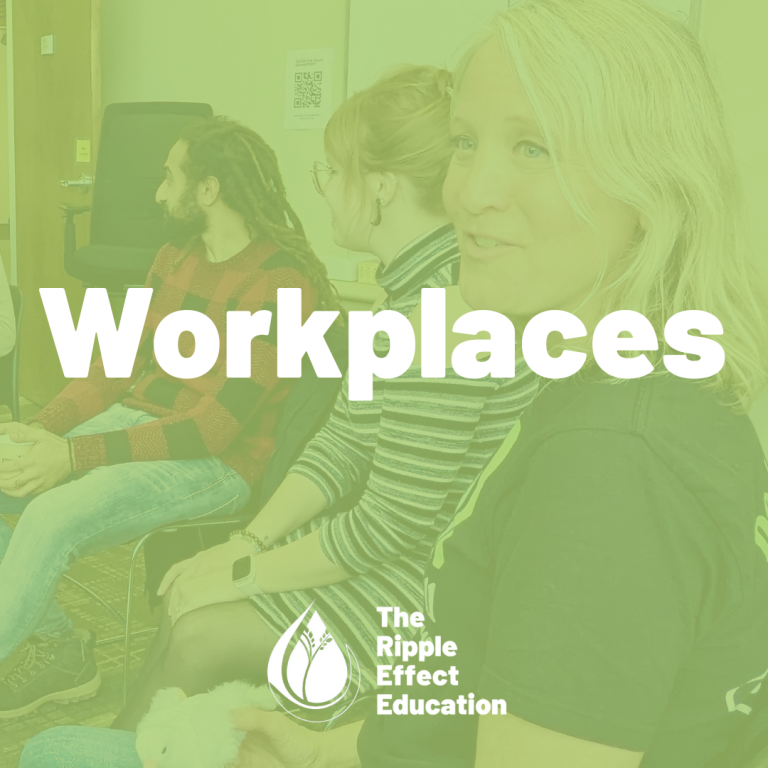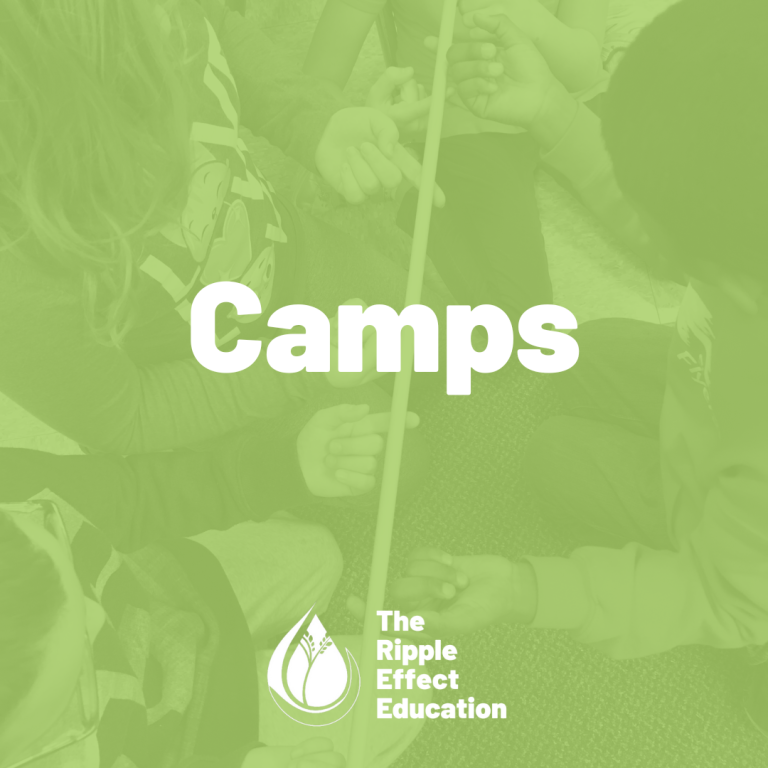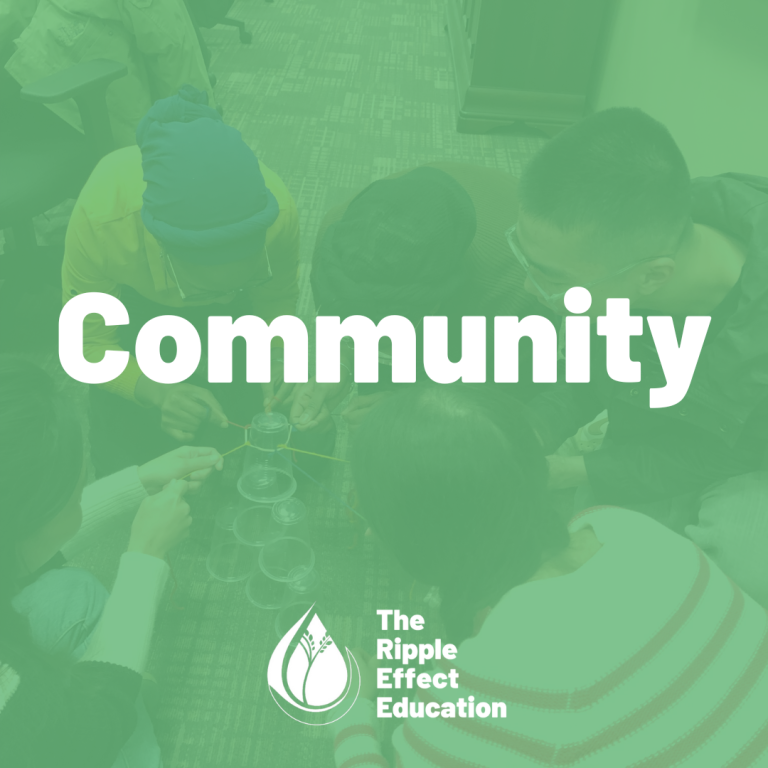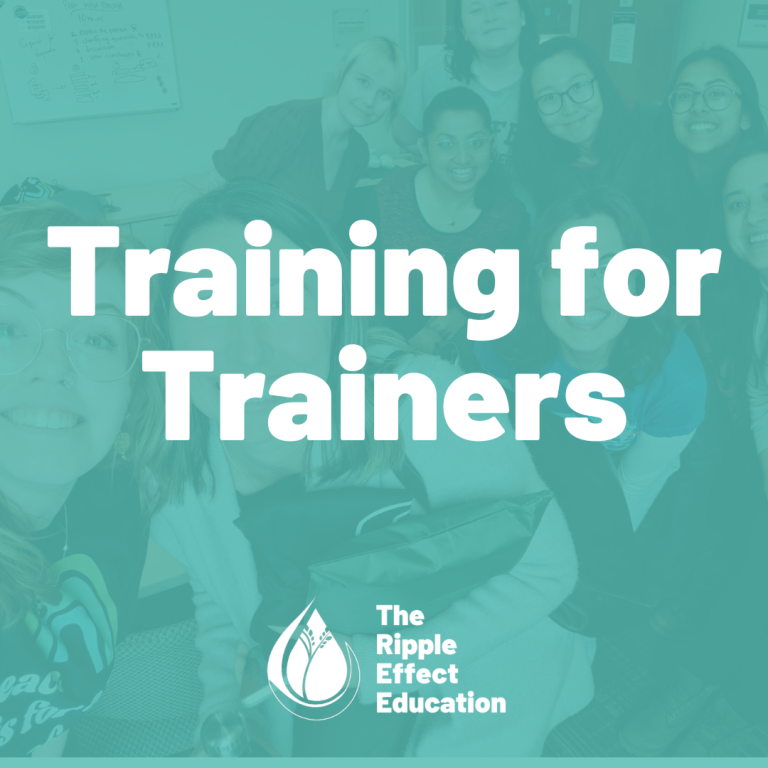In the first six years of their life, children are learning about themselves and the world around them. They are learning what it means to think ahead, to understand others, and be able to express themselves. Children at this age are in a phase of intense development, growing cognitively, linguistically and socio-emotionally. When adults around them model healthy responses to big emotions and conflict, children begin to build important interpersonal skills in their early years.
Here are our tips to begin to build conflict resolution skills in the early years.
- Clarify Your Language: A child who does not know what the word ‘share’ means, cannot fairly be asked to share. Words or concepts like ‘share’, ‘sorry’, and ‘take turns’ are words that we can help children explore, so invite them to use to help verbalize their emotions and needs in times of conflict.
- Explore Emotions: For anyone in conflict, knowing how you feel is necessary to figure out what you need. Helping children put words to their feelings can help them move towards a resolution. Tools like feeling charts or mood boards with visualizations of emotions can help children to communicate how they are feeling when they are not able to find the right words to express themselves.
- Model Healthy Conflict Resolution: Children rely heavily on their role models to learn about appropriate actions and responding to others. As an adult in a child’s life, we have the opportunity to teach children about healthy and constructive ways of responding to conflict, simply by showing them. This might mean being intentional about the way you approach conflict with others, including the words you use, your tone of voice, and your body language.
- Invite Them To Brainstorm Solutions: There is good reason for Picasso’s quote, “All children are artists. The problem is how to remain an artist once [they grow] up.” Children are brilliantly creative, coming up with ideas that we as adults could not dream of. Because of this, kids also make amazing problem solvers. When children are experiencing conflict, invite them to discuss with you what they think some solutions might be: How can they fix the problem? How can they work towards acting differently next time? Giving children a sense of ownership over the solution means that they may feel more inclined to stick with it! As a child grows, so will their understanding of conflict and conflict resolution, giving them opportunities to take ownership of a conflict situation and its outcome.
- Read About Conflict: Stories are incredible tools for teaching. Reading stories about conflict and conflict resolution is a proactive way of teaching children about different approaches and types of conflict. Reading about a character standing up for themselves or a character taking responsibility when they’ve done something wrong gives children an opportunity to see what they are capable of, and explore things outside of their comfort zone.
- Recognize Peaceful Problem Solving: Praise children when they are able to resolve conflicts, even if it might be in seemingly unconventional ways. When they are recognized for doing the right thing, it reinforces that the right thing is worth doing, even if they are not recognized in the same way as adults.
Of course, we cannot expect that children will become experts at conflict resolution in the first 6 years of their life. As adults and role models in their lives, by using these tips, we can help to ensure that kids are well on their way to developing healthy attitudes towards conflict for the future.
 Erin Huston is a social justice advocate and community-building facilitator. After finishing degrees at the University of Waterloo in Legal Studies and Peace & Conflict Studies, Erin pursued a Masters degree in Social Justice and Community Engagement at Wilfrid Laurier University. Passionate about working with youth, Erin uses her education of structural factors and discourses that lead to social inequality and environmental injustice to facilitate programming designed to help empower young people to think critically about issues they care about.
Erin Huston is a social justice advocate and community-building facilitator. After finishing degrees at the University of Waterloo in Legal Studies and Peace & Conflict Studies, Erin pursued a Masters degree in Social Justice and Community Engagement at Wilfrid Laurier University. Passionate about working with youth, Erin uses her education of structural factors and discourses that lead to social inequality and environmental injustice to facilitate programming designed to help empower young people to think critically about issues they care about.
